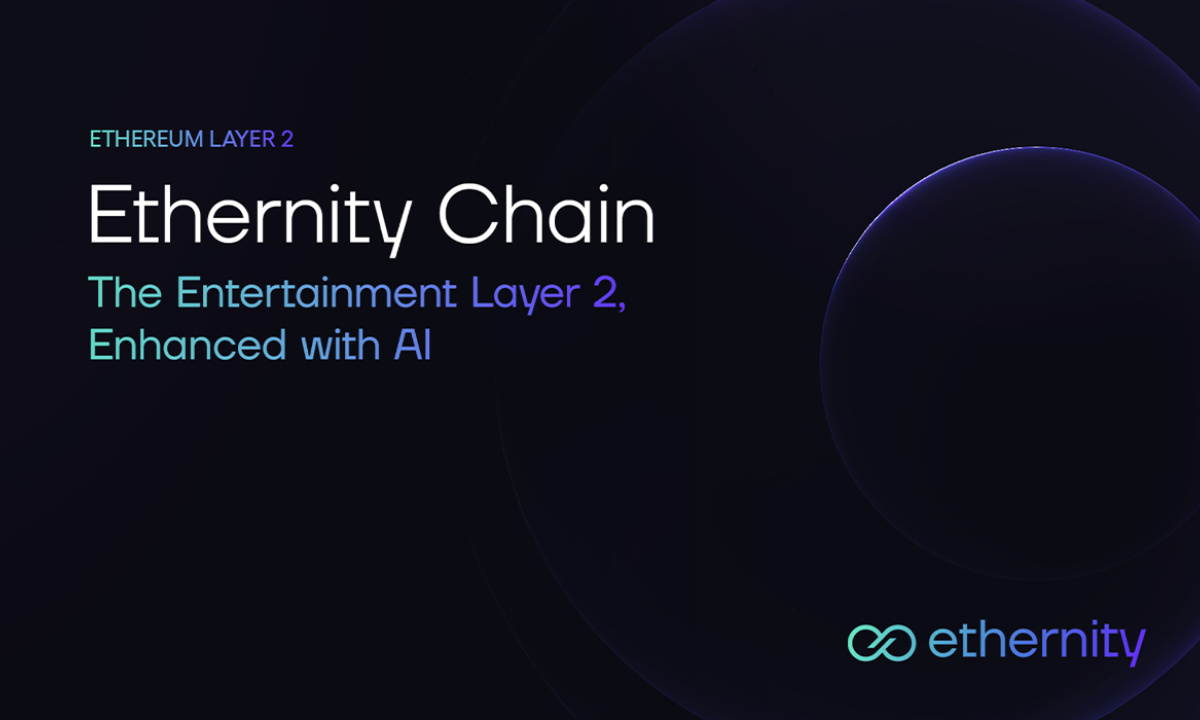What Is an Audit?
An audit is a process in which developers examine the underlying code and/or algorithm that make up systems and applications to identify potential bugs or points of failure before deployment. Audits are typically conducted by third parties to ensure an unbiased and effective procedure.
Auditing has become a common practice in the blockchain space, with many projects relying on it to ensure the security of their decentralized protocols’ smart contracts and provide peace of mind to their users or token holders.
There are two methods for auditing code: manual and automatic. Manual analysis is the most effective way to find coding errors, but it requires more time and a mid-size development team to execute. Automatic code analysis allows for quick but effective code assessment. While traditional businesses may prefer the latter, manual code analysis is crucial for crypto projects, as launching with undiscovered vulnerabilities could result in the loss of millions of funds, especially for DeFi projects.
A comprehensive audit of a smart contract typically involves five important steps:
- Agreeing on a specification;
- Running tests;
- Running automated symbolic execution tools;
- Manual code analysis;
- Report.











